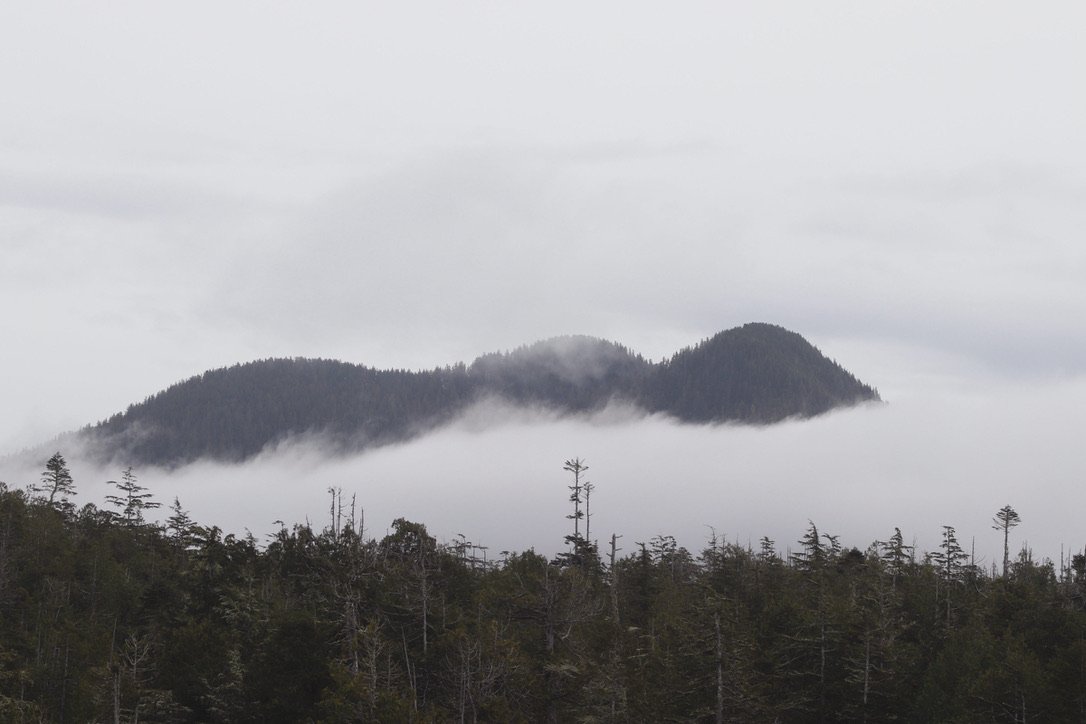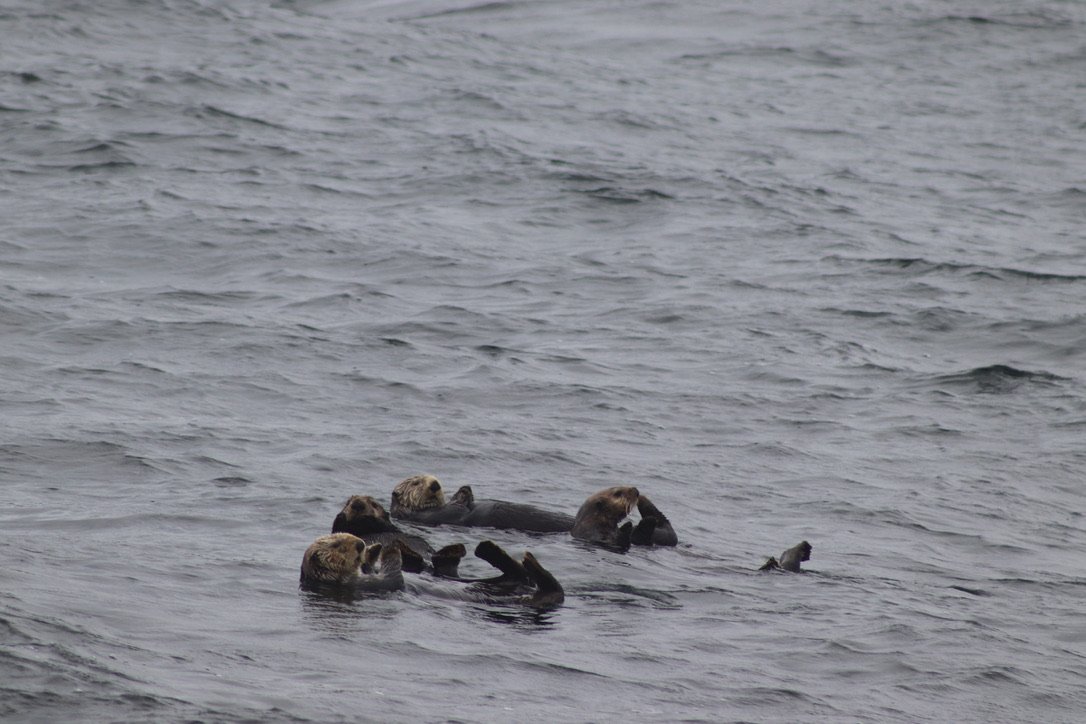
Western Watersheds.
We are more than a conservation organization. We see ourselves as a community movement to help better recognize that we are not separate from nature but part of it. Our work on water conservation is a collaborative effort, rooted in providing better equity and equality to communities.
The work happening on the West Coast is defined by our strengths: community-based water monitoring and communications. We’re weaving a narrative oriented towards building capacity, stewardship, knowledge and advocacy in communities around British Columbia.
Projects.
-

The Shellfish Initiative
For far too long now, Traditional Shellfish Harvesting areas have been closed for reasons ranging from sewage pollution to a lack of monitoring. What is clear is that these areas are not being prioritized by the three governing bodies: Fisheries and Oceans (DFO), Environment and Climate Change Canada (ECCC), and the Canadian Food Inspection Agency (CFIA). All three decide to provide and restrict access to the local community members.
Because of this trio of bureaucracy, Nations and communities around BC are being deprived of their food sovereignty and basic information about what needs to be done to improve water quality, if deemed a problem.
-

Water Quality for Swimmable Cities
There is nothing more local than turning urban centres into climate-resilient examples. That’s what swimmable cities are. They encapsulate the intersectionality of environmental stewardship, social well-being, and economic prosperity. In Vancouver, we’re monitoring three locations on the south and north shores of the Burrard Inlet, the busiest shipping channel in Canada.
Our focus is on recreational water quality, using our monitoring protocols created around provincial standards to identify the issues, challenges, and solutions needed to show that our cities do not need to be dominated by industry and that we can co-exist.
-

Blue Spaces and Wellbeing
Recreational waters provide numerous societal benefits and contribute to public health and well-being. In partnership with Simon Fraser University’s Environmental Psychology Department, this project surveys residents living near each of the water monitoring sites. The survey focuses on examining how connected residents are to nearby, but relatively inaccessible water, how to increase that connection, demographic barriers to access, concerns about water quality, and desire for more recreational access to nearby water.
-

Water Monitoring in Rivers
New community-based tools and methodologies are being developed on Edmonton’s North Saskatchewan River. This exciting new project will turn Canada’s 2023 Recreational Water Quality Guidelines into a practical reality for community-based groups looking to monitor their local water quality. This project will be directed by a group of local stakeholders so that the water is monitoring in the locations and manner that will best serve the community of Edmonton.
-

Water Quality Investigations at Volunteer Park
In the 2023 monitoring season, Swim Drink Fish staff identified consistently high levels of E. coli at Volunteer Park in Vancouver, BC. Staff could not determine the source or the reason for consistently poor bacteriological water quality, and were concerned for the local water users. This summer, in partnership with Simon Fraser University, Swim Drink Fish is investigating the sources and reasons for locally heightened E. coli levels.
-

Victoria Monitoring
Operating out of Prospect Lake, The Victoria Hub is a partnership between Swim Drink Fish and Power To Be. It engages the community in water quality monitoring and data-sharing, as well as stewardship of local waters.
Project Map.


